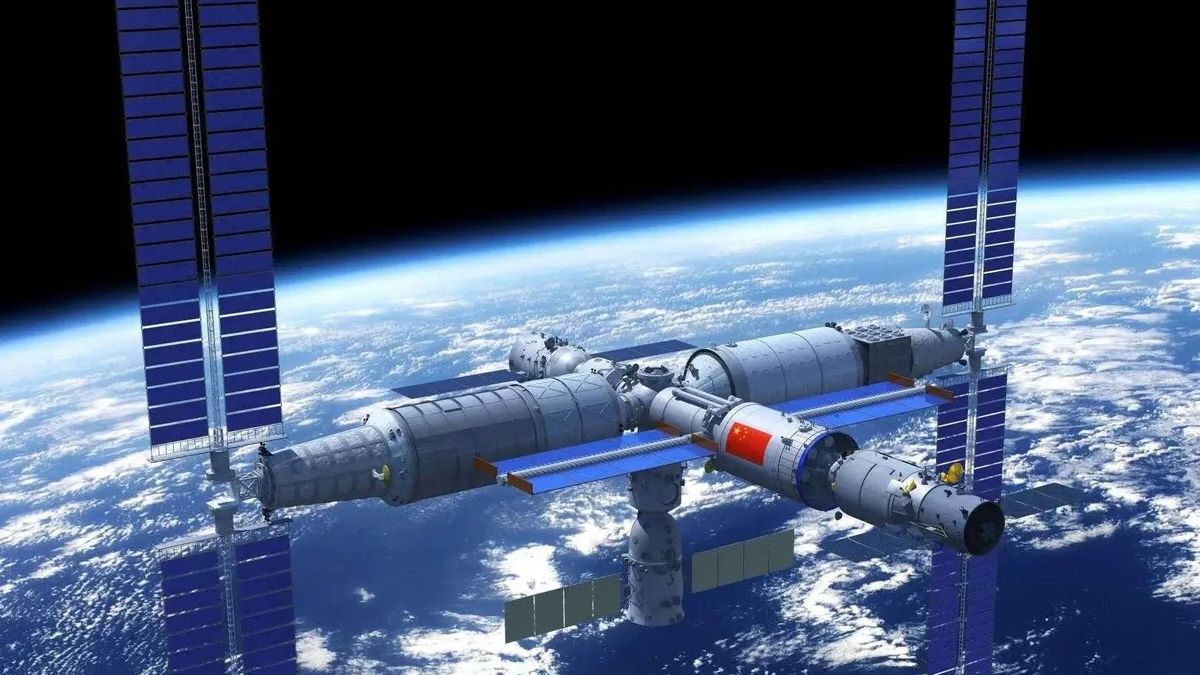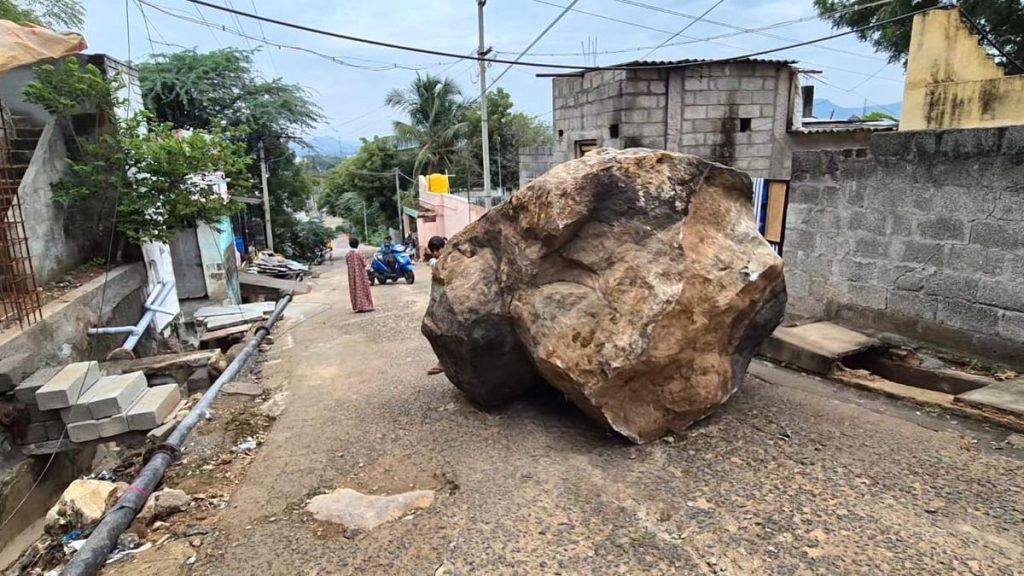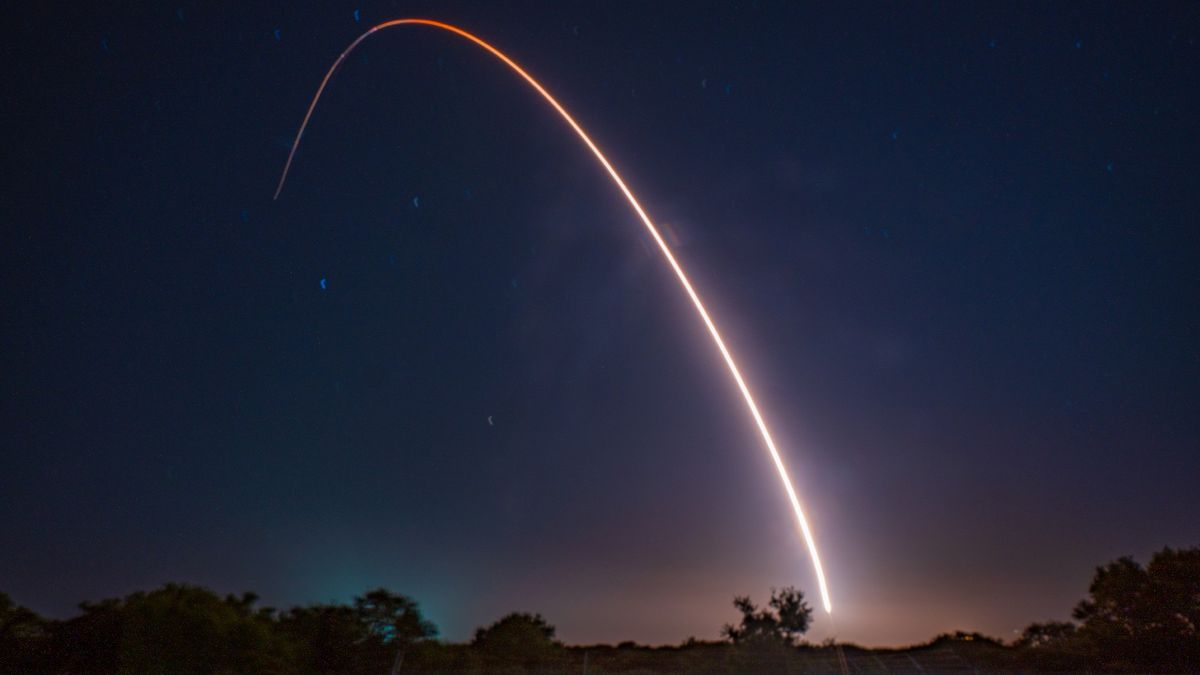Now Reading: Space-Adapted Bacteria Species Found on China’s Tiangong Station
-
01
Space-Adapted Bacteria Species Found on China’s Tiangong Station
Space-Adapted Bacteria Species Found on China’s Tiangong Station

Speedy Summary
- A new strain of microbe, named Niallia tiangongensis, was discovered aboard China’s Tiangong space station during the Shenzhou 15 mission in June 2023.
- This aerobic, spore-forming and rod-shaped bacterium belongs to the genus Niallia within the Cytobacillaceae family and is closely related to microbes found in soil and waste on Earth that can cause infections in immunocompromised individuals.
- The microbe exhibits adaptations for survival under space conditions, including enhanced oxidative stress response and biofilm formation aiding radiation damage repair due to changes in protein structure and function.
- The finding underscores the importance of studying microbial life during long-term space missions for astronaut health and spacecraft maintenance.
- Chinese astronauts routinely sample air, surfaces, and water systems aboard Tiangong to monitor microbial activity; additional tests analyze interactions between microbes such as fungus (e.g., Aspergillus niger) with spacecraft materials like circuit boards or heat-shrink tubing.
- Similar discoveries have been made aboard other facilities like NASA’s clean rooms or the International Space Station, suggesting diverse microbial evolution thrives even under extreme conditions.
Image Source: Artist’s illustration of China’s Tiangong space station (China Manned Space Engineering Office).
Indian Opinion Analysis
The identification of Niallia tiangongensis, a microbe adapted to survive harsh conditions in orbit, highlights advancements in microbiological research linked with human-lead space exploration efforts globally. For India-with its enterprising Gaganyaan project-it emphasizes key areas requiring attention: surroundings monitoring aboard spacecrafts and understanding potential risks posed by microbes on astronaut health or hardware reliability.
Studying how microbes evolve unique survival mechanisms under extreme environmental stressors could help design effective countermeasures for prolonged manned missions-crucial as nations aspire towards lunar habitats or Mars expeditions. Additionally, this research sheds light on broader concerns regarding contamination risks when aiming for planetary exploration.
India needs robust protocols akin to those applied internationally by China or NASA-involving routine sampling procedures-to prepare sustainable ecosystem management strategies for upcoming human missions while adapting lessons learned from global discoveries into practise effectively without compromising operational objectives locally.
























